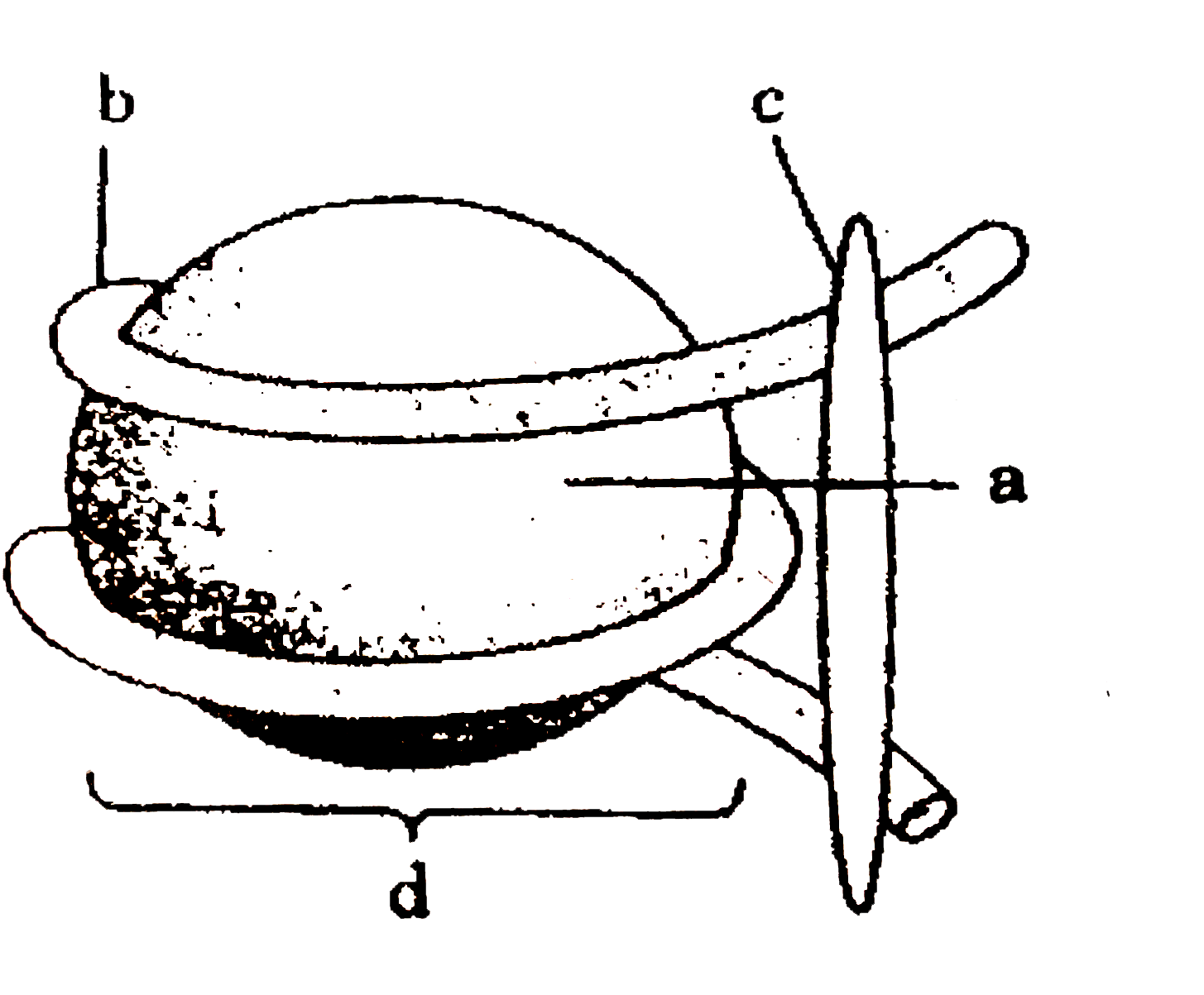Prokaryotes are organisms without a nucleus.
The correct Answer is:TRUE
Step-by-Step Text Solution:
1. Definition of Prokaryotes: Prokaryotes are defined as organisms that do not have a true nucleus. This means that their genetic material is not enclosed within a membrane-bound nucleus.
2. Cell Structure: Prokaryotes are typically unicellular organisms. This means that they consist of a single cell, which is a fundamental unit of life.
3. Absence of Nuclear Membrane: In prokaryotic cells, the genetic material (DNA) is located in a region called the nucleoid, which is not surrounded by a nuclear membrane. This is a key characteristic that distinguishes prokaryotes from eukaryotes, which do have a membrane-bound nucleus.
4. Classification of Prokaryotes: In the three-domain system of biological classification, prokaryotes are divided into two main domains:
- Bacteria (Eubacteria): This domain includes most of the common bacteria.
- Archaea (Archaeobacteria): This domain includes organisms that often live in extreme environments and have distinct biochemistry and genetics compared to bacteria.
5. Conclusion: Based on the above points, we can conclude that the statement "Prokaryotes are organisms without a nucleus" is indeed correct.
---
- Bacteria (Eubacteria): This domain includes most of the common bacteria.
- Archaea (Archaeobacteria): This domain includes organisms that often live in extreme environments and have distinct biochemistry and genetics compared to bacteria.
Topper's Solved these Questions
- THE LIVING WORLD BOOK - ICSECHAPTER - THE LIVING WORLD EXERCISE - Test Your Progress (Matching )
1 Videos
- THE LIVING WORLD BOOK - ICSECHAPTER - THE LIVING WORLD EXERCISE - Test Your Progress (Mark the odd one in the series)
3 Videos
- THE LIVING WORLD BOOK - ICSECHAPTER - THE LIVING WORLD EXERCISE - Test Your Progress (Fill in the blanks with appropriate words.)
30 Videos
- STRUCTURE ORGANISATION IN ANIMALS -ANIMAL TISSUESBOOK - ICSECHAPTER - STRUCTURE ORGANISATION IN ANIMALS -ANIMAL TISSUESEXERCISE - REVIEW QUESTIONS (LONG ANSWER TYPE QUESTIONS)
12 Videos
- TRANSPORT IN PLANTS BOOK - ICSECHAPTER - TRANSPORT IN PLANTS EXERCISE - NCERT EXERCISE WITH ANSWER (DIFFERNTIATE BETWEEN )
16 Videos
Similar Questions
Knowledge Check
All unicellular organisms with a true nucleus were included in the kingdom:
(a) Monera
(b) Protista
(c) Fungi
(d) ProtozoaAMoneraBProtistaCFungiDProtozoa
Prokaryotes possess
View SolutionProkaryotic organisms have a nuclear material present within
View SolutionProkaryotes are characterised by
View SolutionProkaryotic Cells
View SolutionOrganisms without any specific shape are
View Solution(a) What is this diagram representing?
(b) Name the parts a, b and c.
(c) In the eukaryotes the DNA molecules are organized within the nucleus. How is the DNA molecule organized in a bacterial cell in absence of a nucleus?

View SolutionThe heterotrophic, eukaryotic, multicellular organism without cell wall is included in the kingdom
View Solution
